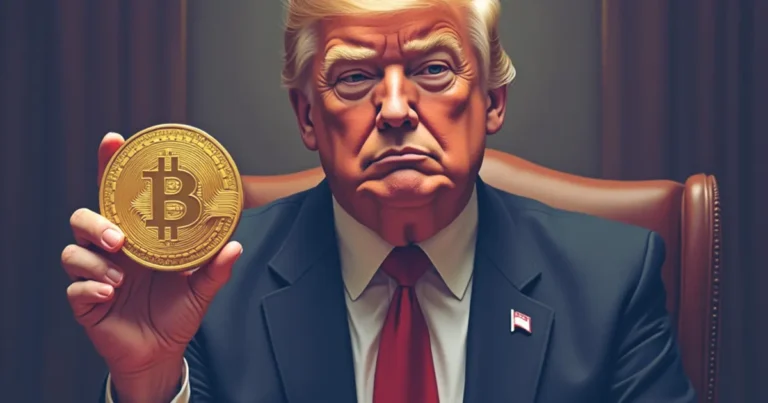9-4-205 – The American cryptocurrency landscape is witnessing substantial shifts under the restored Trump administration. The regulatory atmosphere, once characterised by stringent oversight, appears to be undergoing a significant transformation.
Banking barriers crumble
A series of swift regulatory reversals has dismantled several banking restrictions. The Office of the Comptroller of the Currency (OCC) has abolished requirements for special permissions regarding cryptocurrency custody and stablecoin reserves. Similarly, the Federal Deposit Insurance Corporation (FDIC) has rescinded earlier reporting mandates for banks’ cryptocurrency endeavours.
Acting FDIC Chairman Travis Hill’s stance against penalising banks solely for “reputational risk” signals a noteworthy policy shift, potentially heralding improved relations between traditional banking and digital asset firms.
Securities watchdog retreats
Perhaps most striking is the Securities and Exchange Commission’s (SEC) apparent retreat from numerous high-profile cryptocurrency cases. The regulatory body has either abandoned or reached settlements in significant proceedings against industry giants including Coinbase, Ripple, and Kraken, without determinations of wrongdoing.
Moreover, the SEC has explicitly declared certain digital assets, including meme-based tokens and dollar-backed stablecoins, as falling outside its regulatory purview. This stance marks a considerable departure from previous positions.
Historical context and criticism
The current regulatory environment stands in stark contrast to the controversial “Operation Chokepoint 2.0” during the Biden administration, when numerous cryptocurrency firms reportedly faced systematic banking access restrictions, sparking considerable industry backlash.
Whilst early Trump-era initiatives faced criticism for being largely ceremonial—comprising task forces and executive orders without substantial policy changes—the current administration appears more committed to tangible regulatory reform.
The anticipated confirmation of Paul Atkins as SEC Chairman and the Department of Justice’s dissolution of its cryptocurrency crime unit suggest further regulatory easing may be forthcoming. However, cases involving alleged fraud and market manipulation remain active, indicating that certain oversight mechanisms persist.


